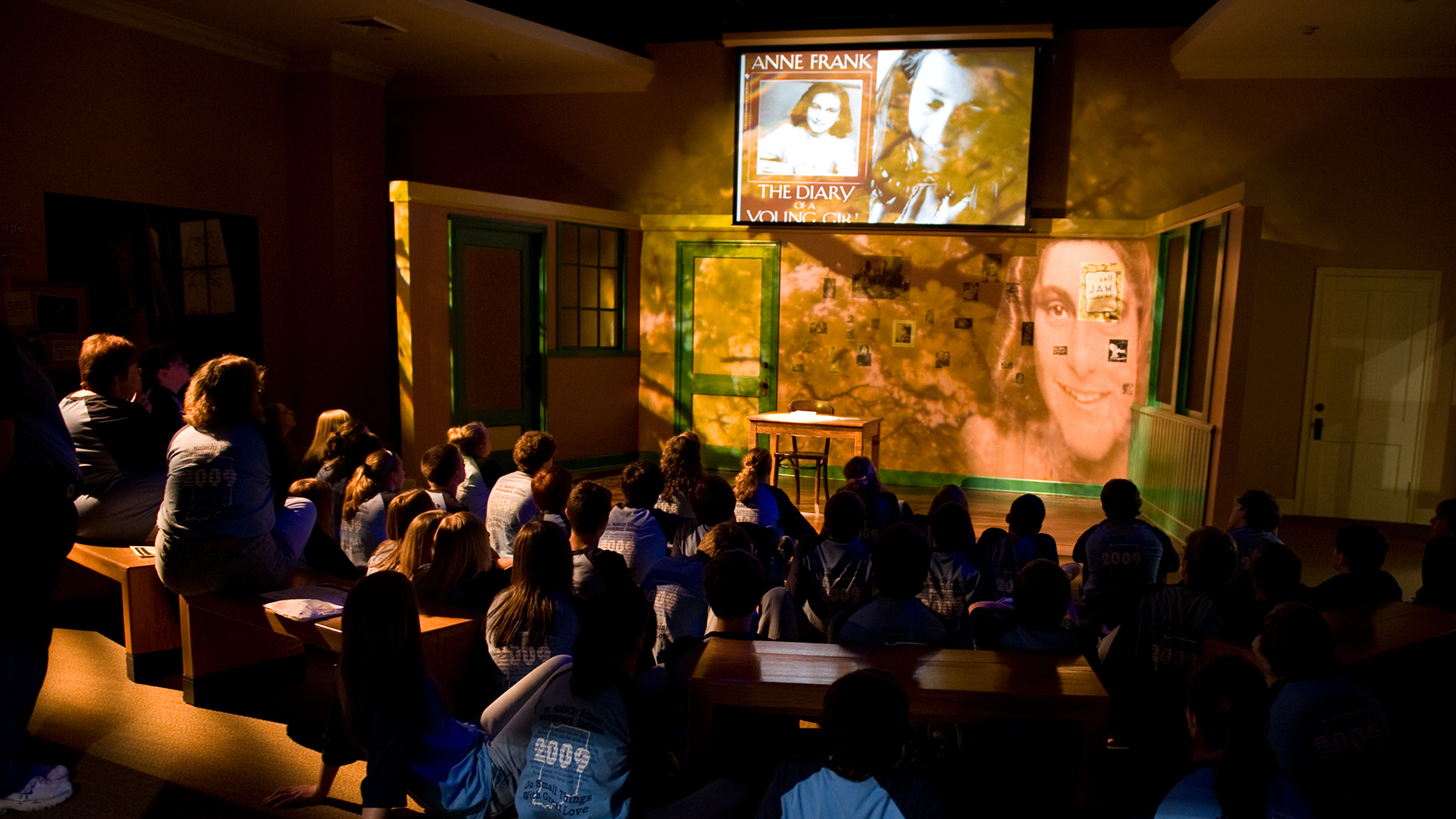Resources for Parents During News of Tragic Events
Resources for Parents During News of Tragic Events

War. Violence. Famine. Racism. Pandemic. Natural disaster.
The list of tragic events goes on and on. The world can be a scary place sometimes, can't it? Whether you've attempted to shelter the children in your life from news of worldwide crises or not, it's likely they've been able to pick up that something worrisome has happened.
What's a parent to do?
We've assembled a list of resources to help guide you as you navigate difficult conversations with your children about scary worldwide events.
Insights from The Children's Museum staff
Susan Michal, Director of Early Childhood Education at The Children’s Museum, shared a few thoughts about discussing these events and other traumatic events with your children.
- With young children, it is critical to keep calm and reassure them that they are safe.
- Create an environment where you have time to listen to them.
- Give them creative outlets—including art, role playing, dramatic play—to work out their feelings. These activities help children share feelings when they do not yet have the language to express their feelings.
- Keep a routine and regular rhythm to your day to help your children know what to expect and to ensure a sense of security.
- If your child is returning to a school building, discuss who your children have in their school lives that keep them safe and are there for them as needed—teachers, administrators, counselors, aides, counselors, friends, etc.
- If your child has seen images on television, be sure to assure them that police, government employees, and elected members are working to keep us safe and to protect us.
- Brainstorm ways to take positive actions to help. This will give children a sense of control and encourage hope.
- Keep conversations simple and developmentally appropriate. If your child is ready or wants more information, they will tell you. Follow their lead.
Resources from the Peace Learning Center
The Peace Learning Center in Indianapolis has these suggestions for moving forward:
- Start from a place of empathy. Show your child how to build empathy with these seven tips
1. Model caring for others
2. Model good listening skills
3. Be forgiving
4. Challenge prejudices and stereotypes
5. Help them learn to recognize, express, and manage their feelings
6. Encourage responsibility - Remind your child that they have many potential choices.
- Learn how to talk to your child about being an upstander, not a bystander. Being brave and finding your voice is a good place to start.
- Help children find ways to handle their own emotions
- Show your child this video of kindergarteners describing how to cope with emotion through breathing and meditation
- Help children discover a peaceful place within themselves by creating mind bottles
- Adults and children can print and color an anti-stress mandala
- Practice mindfulness as a family through pebble meditation
Listen to Kid President
Kid President offers some light-hearted, yet poignant tips about how to make the world a better place. You can start with this video of 20 things we should say more often. If we start here, we'll start changing the world today.
A resource from from PBS Kids
Children are sensitive to how their parents feel. They pick up on parents’ subtle and not-so-subtle cues and can tell when you’re worried—especially during a crisis. As you would expect, PBS Kids provides some great insight into helping your child feel secure in the midst of community or world-wide crisis.
The Power of Children: Making a Difference® at The Children’s Museum
The Power of Children® exhibit tells the story of four children who used their words, action, voice, and education to change the world around them. These blog posts, written for our Year of Action in 2020, share their stories and provide ways you and your children can begin changing the world today.
- Remembering Anne Frank and Auschwitz—Never Again
- Remembering Ryan White
- Ruby Bridges and The Problem We All (Still) Live With
- Celebrating Malala Yousafzai
We also assembled a reading list of children’s books that would be relevant as we pursue a kinder, safer, and more compassionate world.
Children can change the world
We believe in the power of children to help change the world. The Children’s Museum is a place where all children and families can learn from one another—regardless of our differences. The core of our mission at The Children’s Museum is to help transform the lives of children and families. We hope these resources can be a starting point. Let’s partner with our children and help to make the world a better place.









